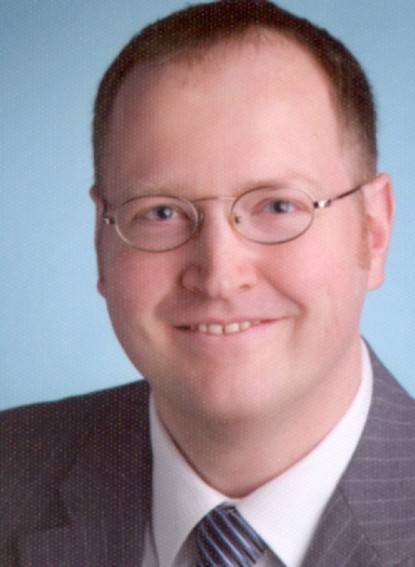Among the innovative teaching forms used and partially evaluated during the past years are:
- Supplementing recitation sessions by essay writing, also as group homework and using Wikis
- Recording of lectures and of dedicated, didactically enriched teaching videos
- Supplementing manuscripts with conceptual questions and motivating examples
- Implementation of large-scale classes for non-physics majors as flipped classroom / inverted lecture
- Using quizzes and peer-instruction elements in large-scale introductory physics classes
- Integration of problem-solving section and tutored instruction in classes with a large number of participants.
Preliminary work suggests that among participating students (non-physics majors) the conceptual understanding in activating teaching and learning scenarios is enhanced with respect to conventional classes.
Funding
-
QSL funds, Physics Department, TU Darmstadt




